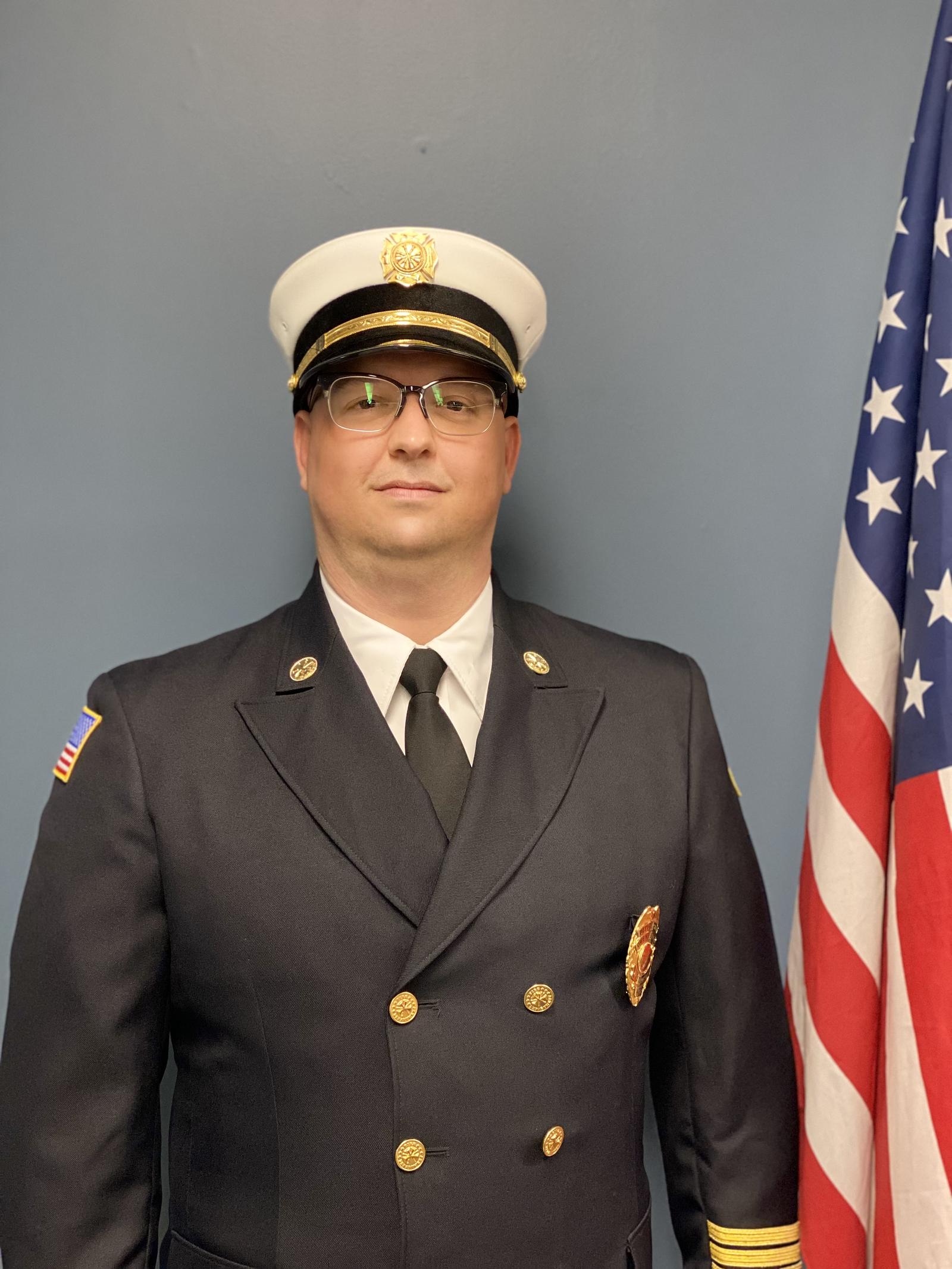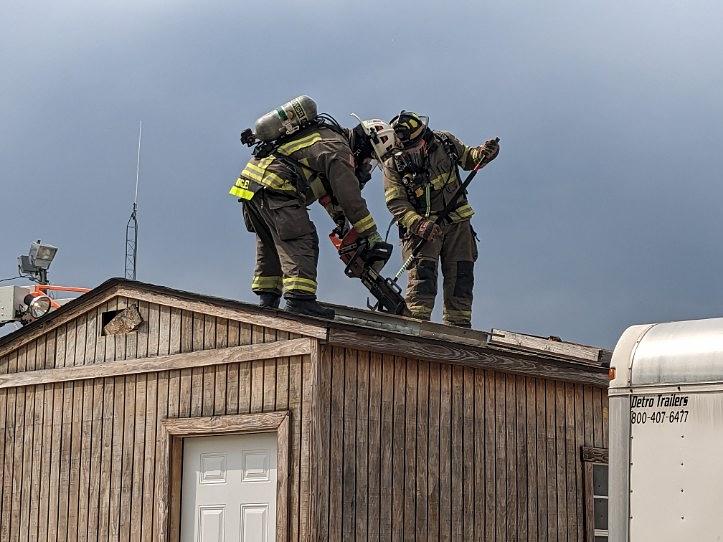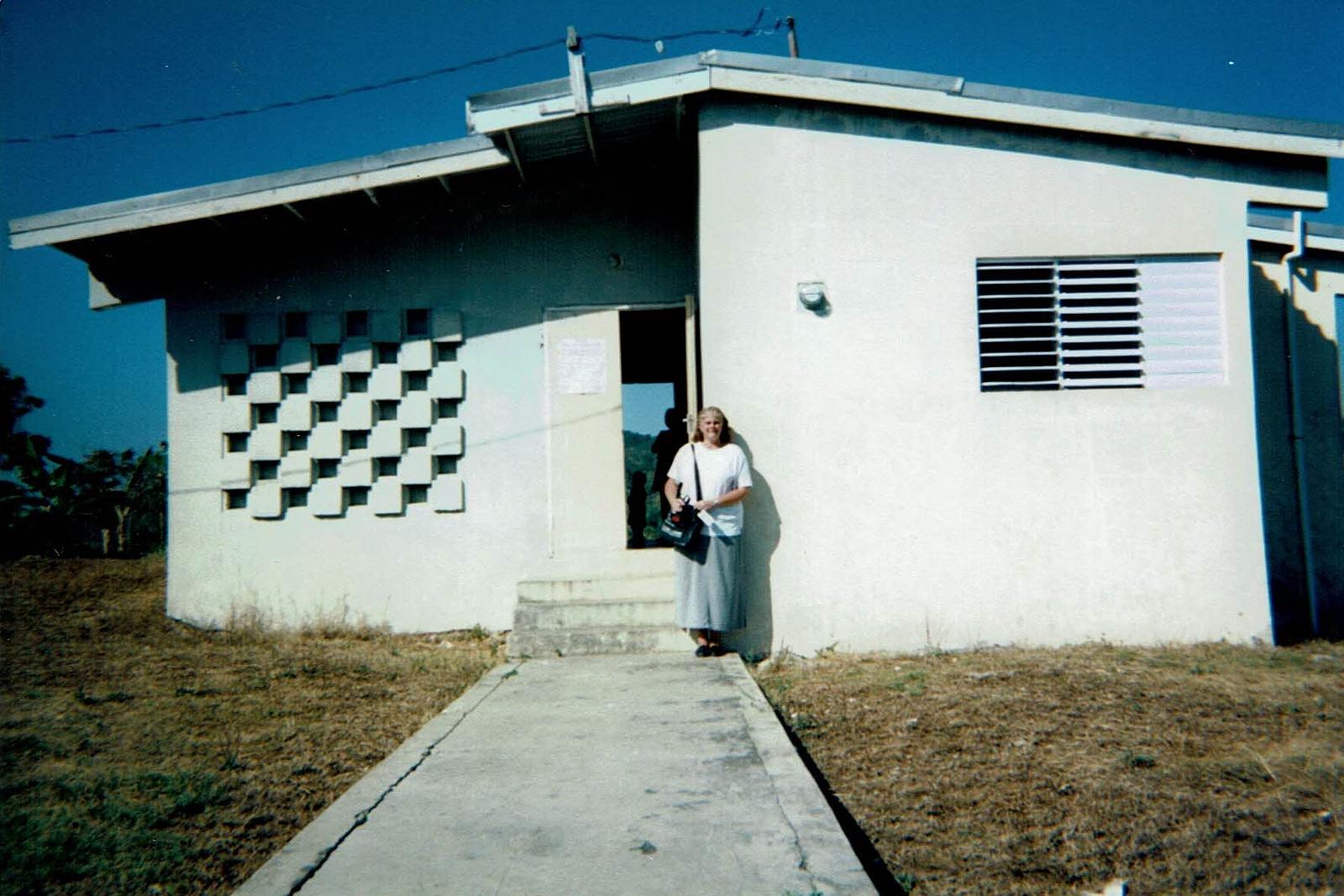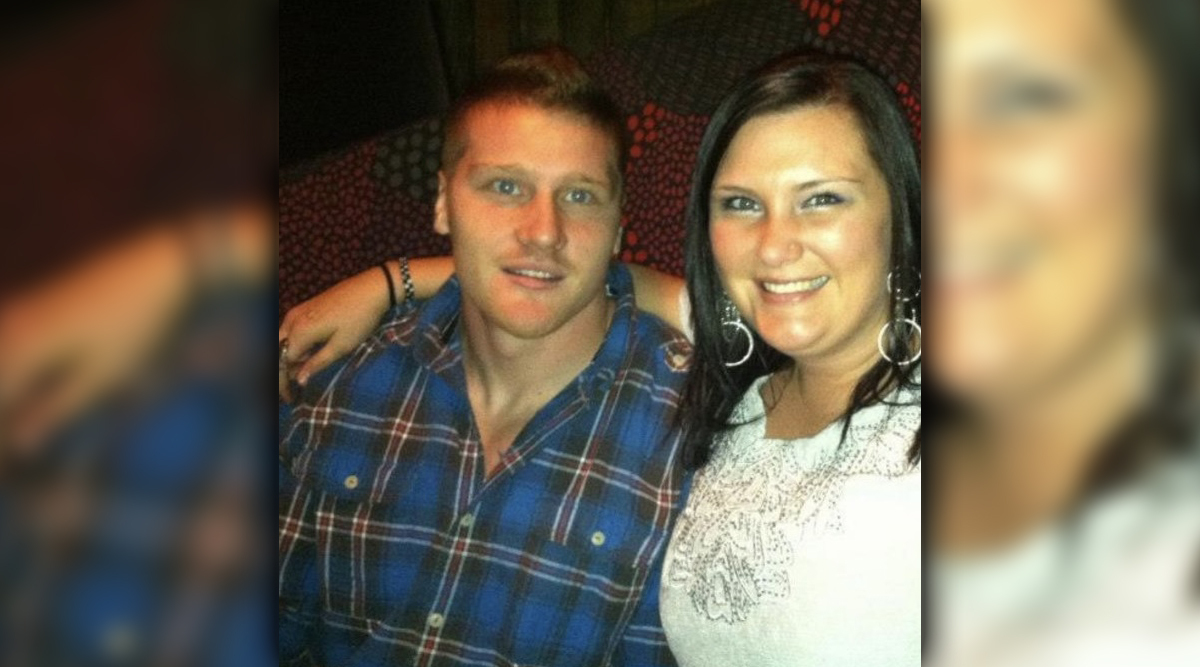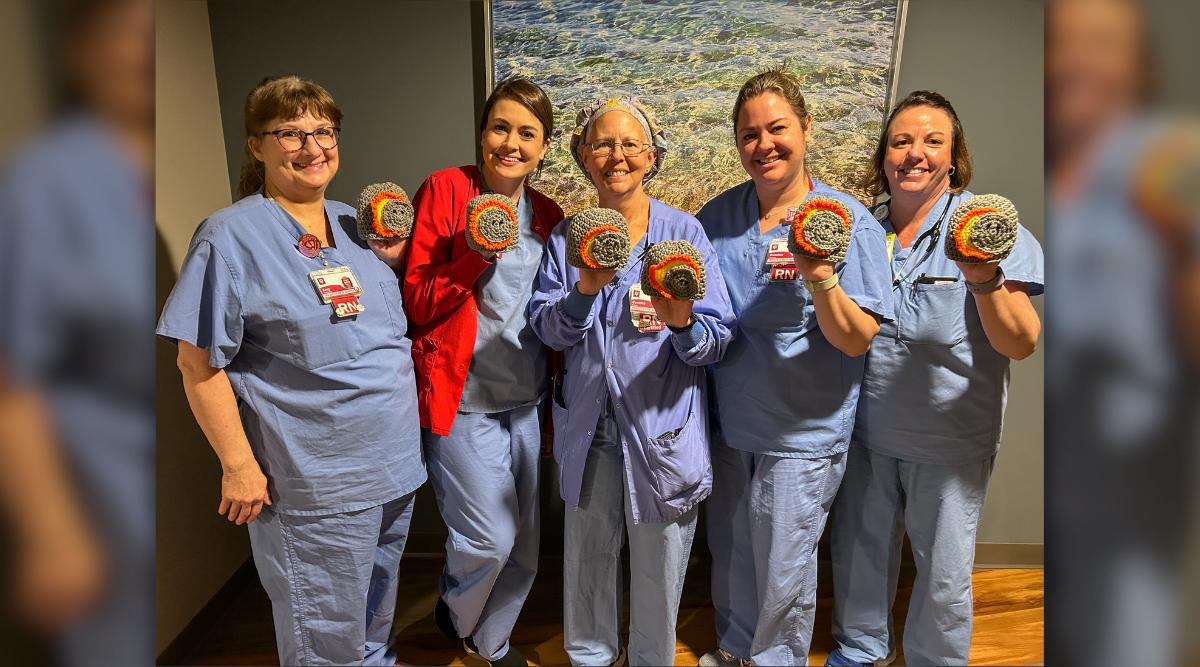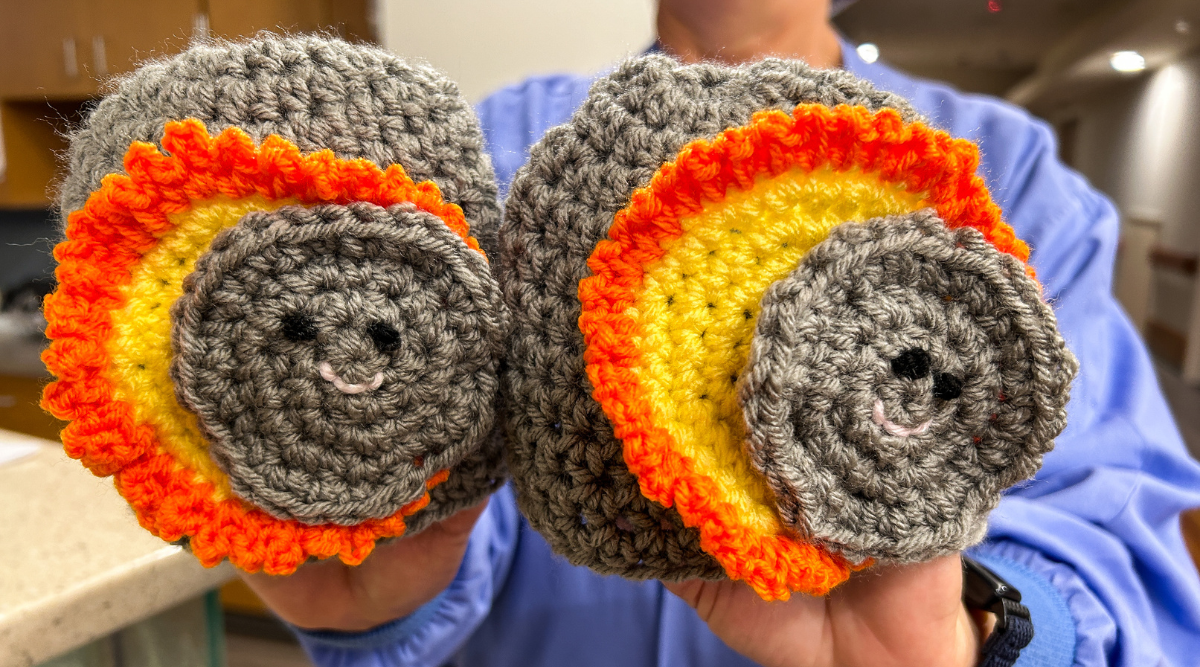Pictured above: Laura Bernfield’s husband, Jeff, and her sister-in-law Bonnie Waters.
Laura Bernfield was more than a nurse. She was more than a teacher. She was a beloved friend and mentor to many in the Monticello community, as devoted to her team and patients at IU Health White Memorial Hospital as she was to her students at Twin Lakes High School.
When she was faced with a terminal diagnosis—incurable brain cancer—she thought not only of herself and her family. She also thought of how to make sure that the health sciences educational programs she had worked so hard to build during her 25-year teaching career would live on, for the benefit of local students who wish to pursue careers in healthcare.
A request from the heart
In a heartfelt video message to Connie Jordan, manager of the inpatient unit at White Memorial Hospital, Bernfield expressed her wish for how the program could expand. In her message was a request for support from IU Health to help furnish a classroom that students could thrive in.
“Let’s make it good for the next generation,” says Bernfield in her message to Jordan, which was recorded in September 2022, near the end of her life. “Of all the people I know who could possibly make this happen, I’m pretty sure you can do it.”
It was a labor of love for Jordan and many others at IU Health White Memorial, IU Health Foundation, Twin Lakes School Corporation and the Indian Trails Career Cooperative to bring that dying wish to life.
Now, two years in the making, Bernfield’s wish is becoming reality.
Honoring a legacy
“Laura was a beloved part of the White Memorial team for many years before she pursued her second calling as an educator,” says Jordan. Bernfield was a full-time obstetrics nurse before transitioning to her second calling as an educator.
According to her obituary, “[Bernfield] adored her students and found tremendous joy guiding younger generations to achieve their career goals and serve their community in the fields of healthcare and nursing.”
“Her dedication to the community and the nursing world is unmatched,” says Renea Smith, chief nursing officer at White Memorial Hospital.
With $50,000 in support from IU Health Foundation and close collaboration among the school, the career cooperative and the White Memorial team, a revamped Health Science Education classroom at the Twin Lakes Career and Technical Building in Monticello officially opened in Bernfield’s honor on Wednesday, April 10.
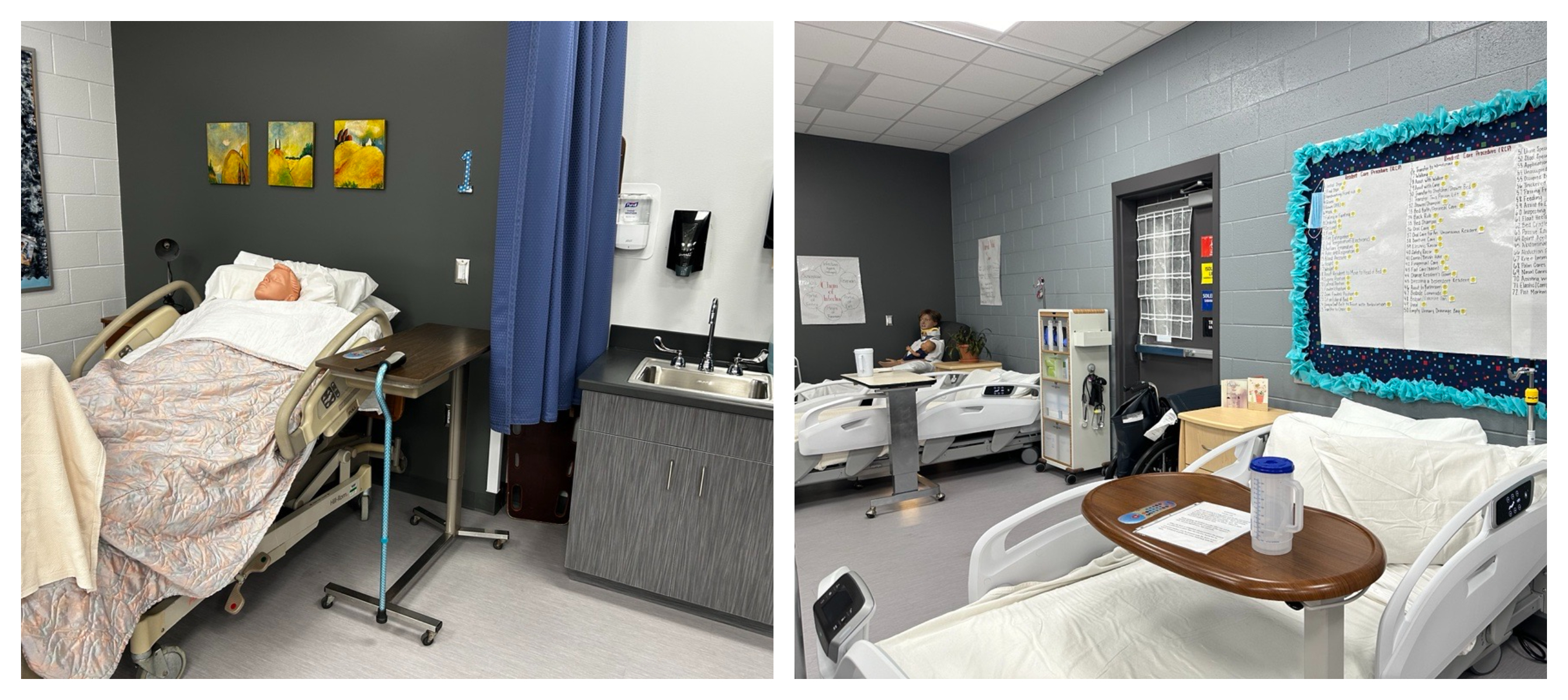
More than 100 types of equipment were purchased to outfit the classroom, including everything from hospital beds, anatomically correct mannequins and stethoscopes to patient gowns, isolation signage and linens—everything that would be present in a real-world patient care environment, to ensure that students in the classroom can learn in a contemporary environment with modern, new equipment.
This new setup will take the program from one practice bay for students to three. The previous equipment was 25-plus years old, much of it broken and outdated and no longer serving student needs.
“We have been so excited to see this classroom come to life over the past few years,” says Jess Horlacher, assistant director of career and technical education at the Indian Trails Career Cooperative. “Now, to see it officially open, is not only a dream come true for Laura, but also for the rest of us who had the privilege of knowing her and get to carry the torch forward in her honor.”
“It will be so special to welcome graduates of the program to our team at IU Health one day and know that they are a direct result of Laura’s lasting impact in our community,” says Smith.
